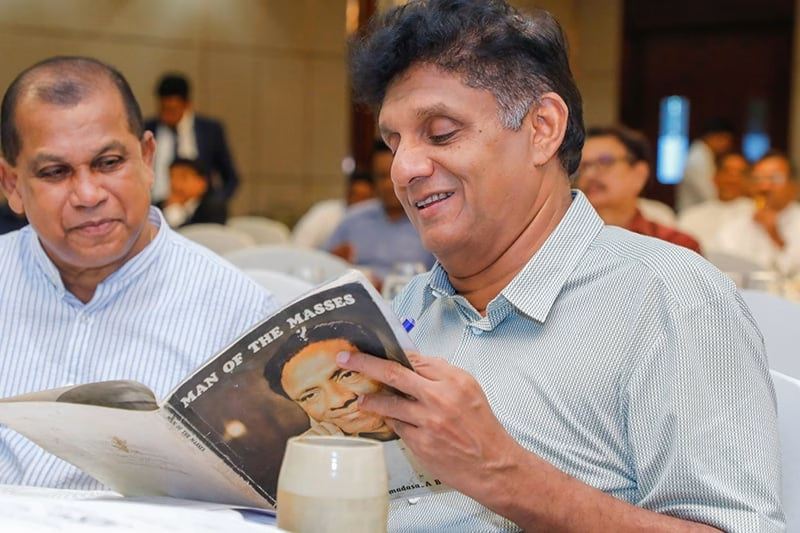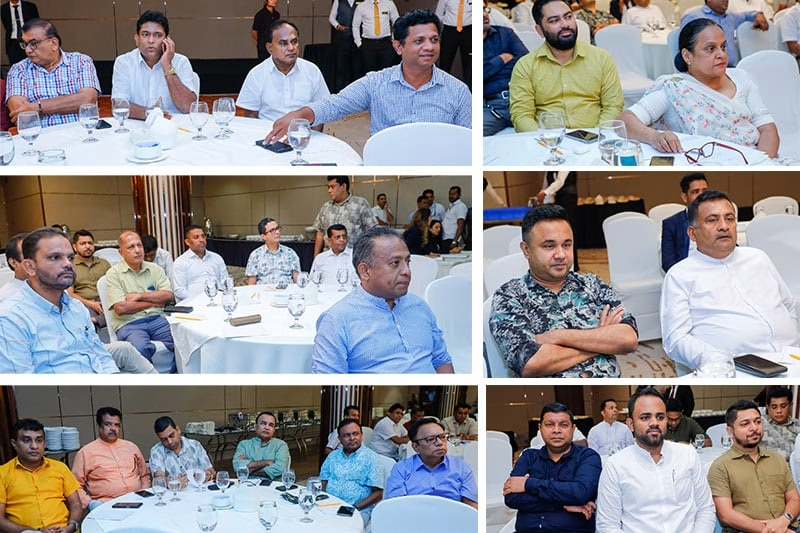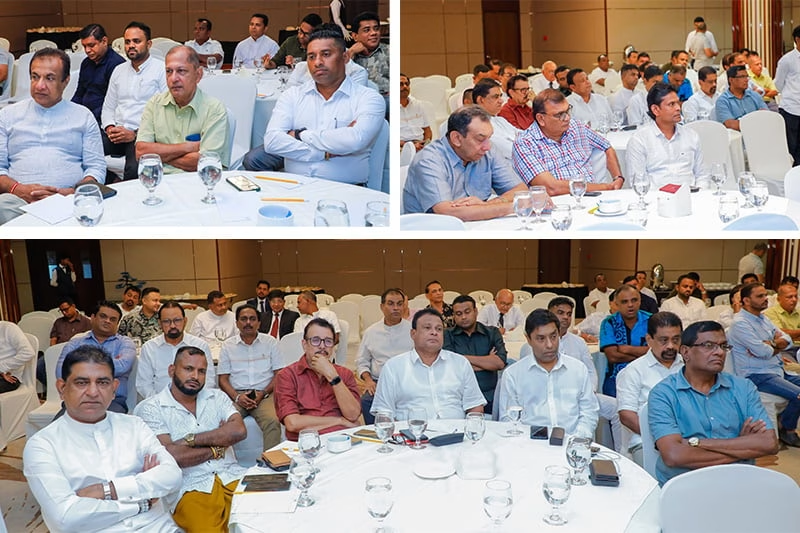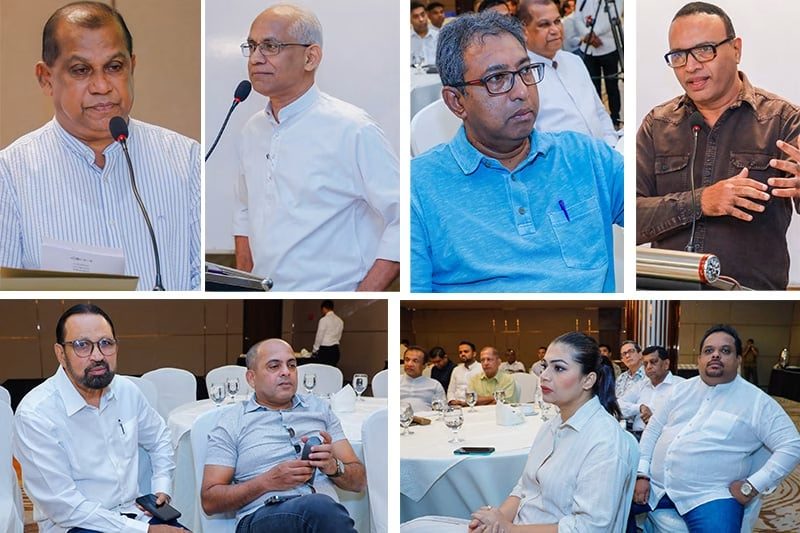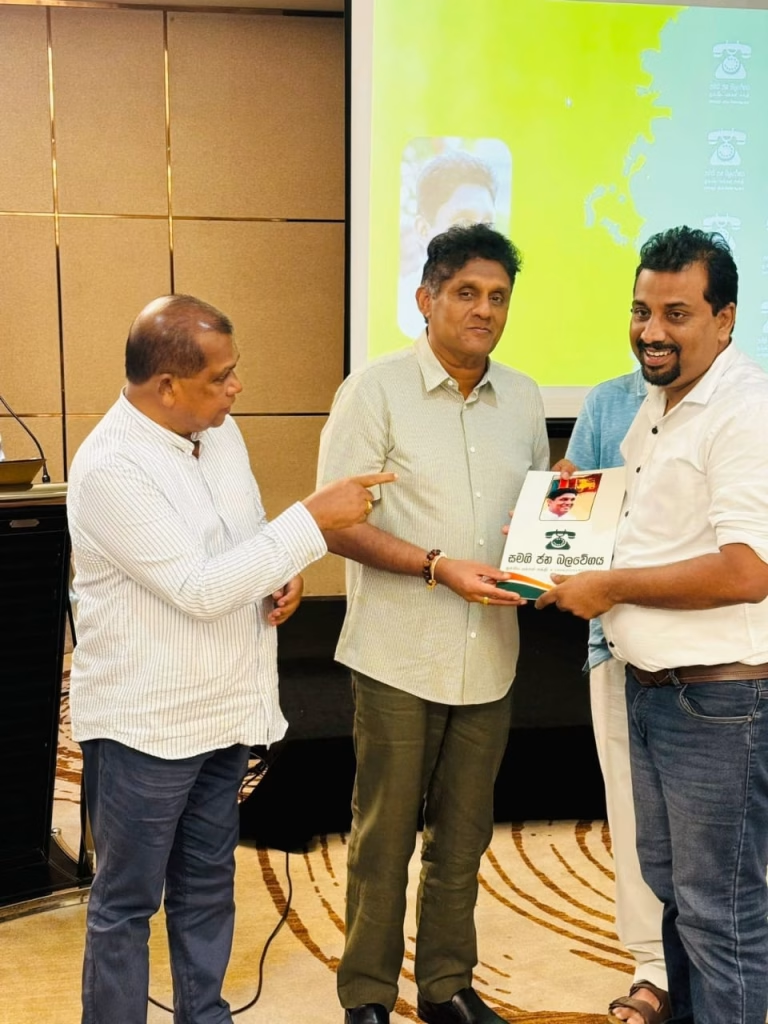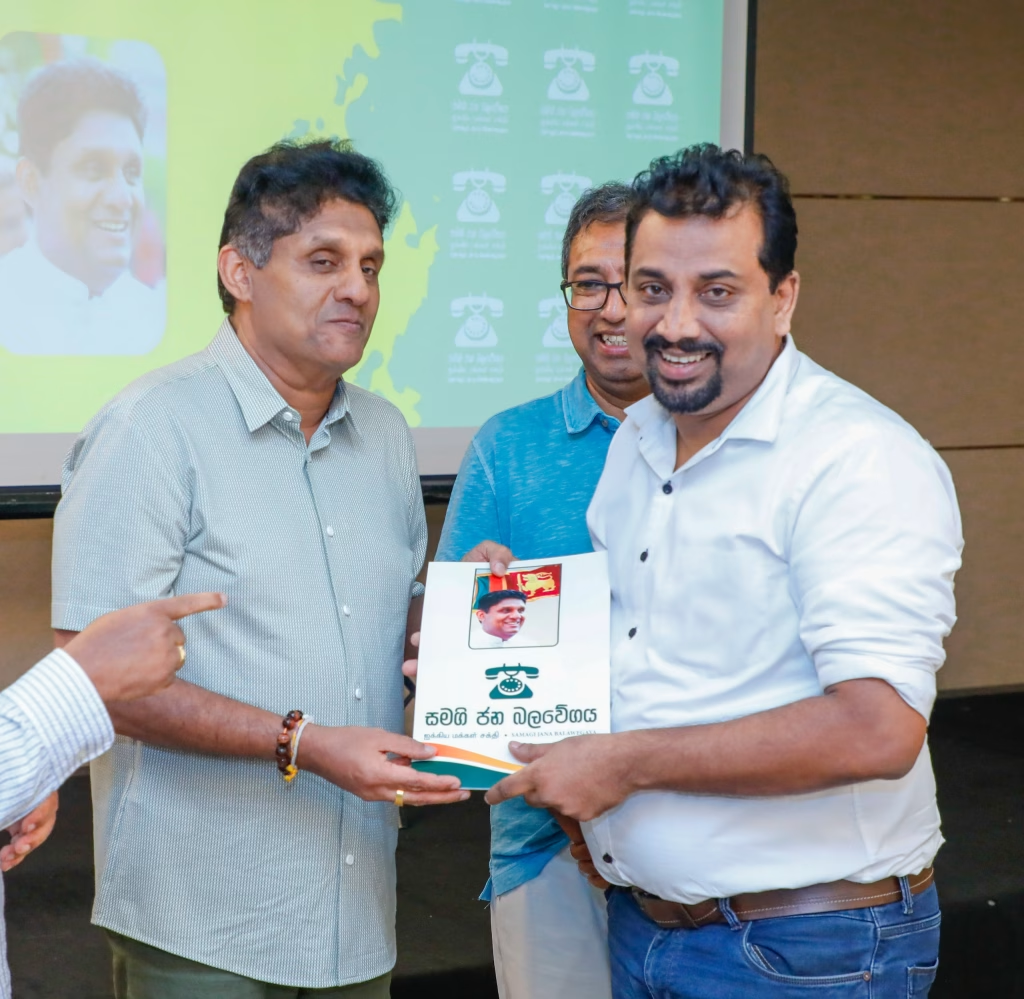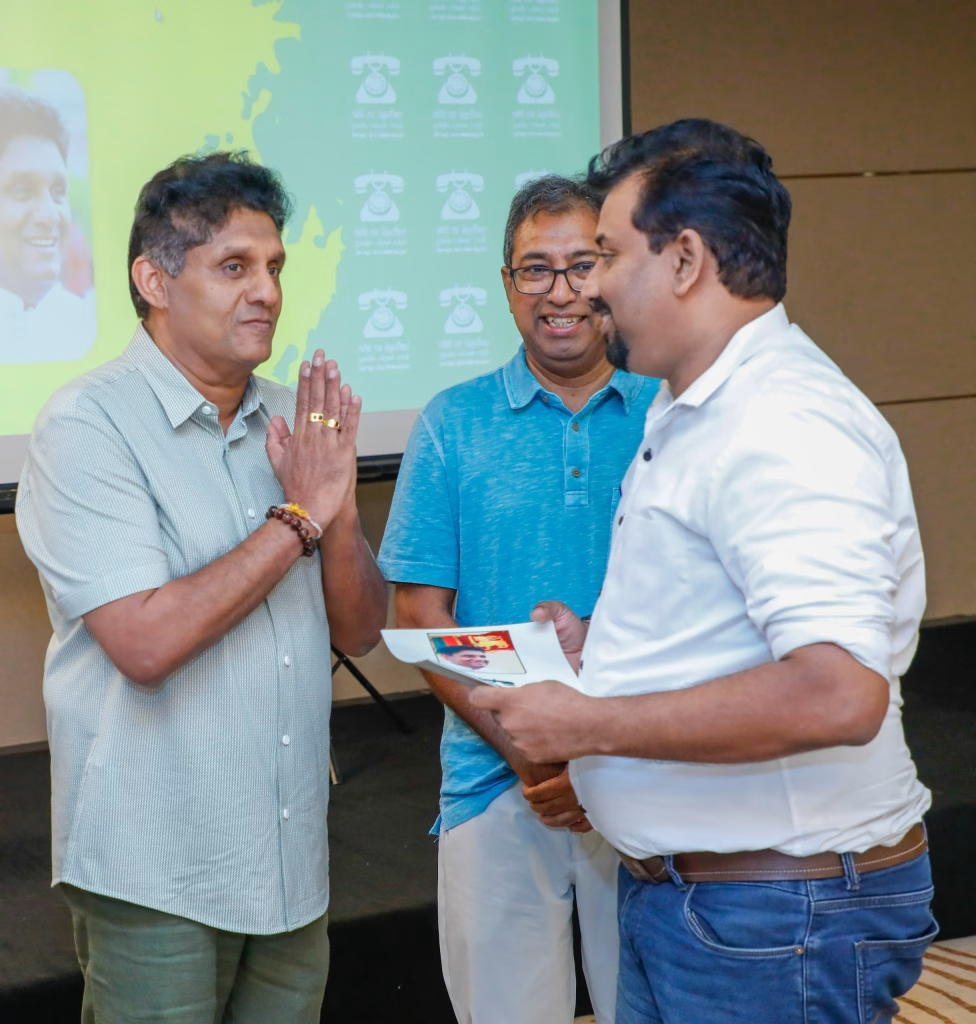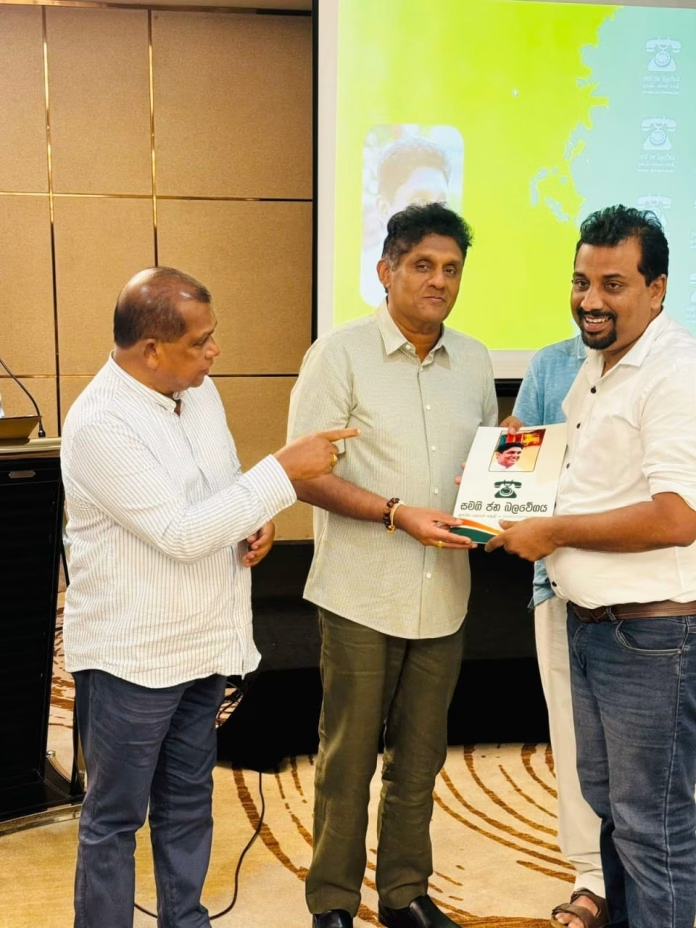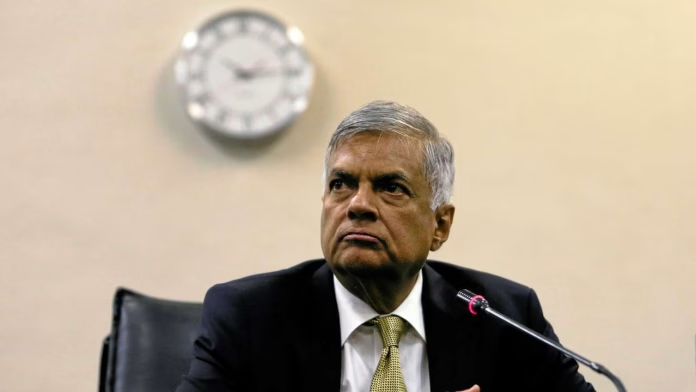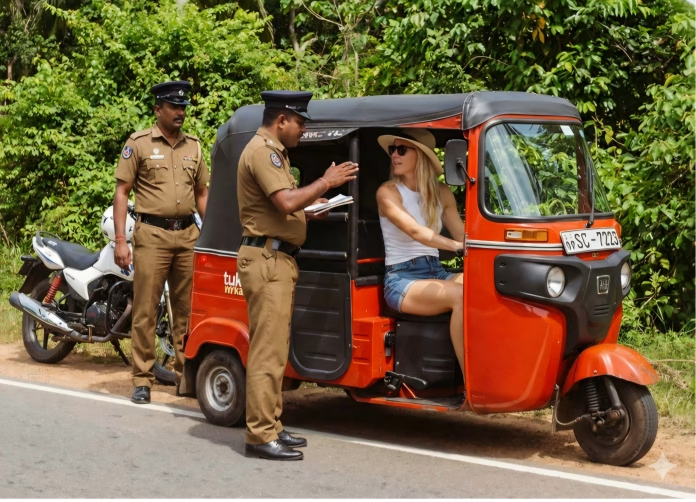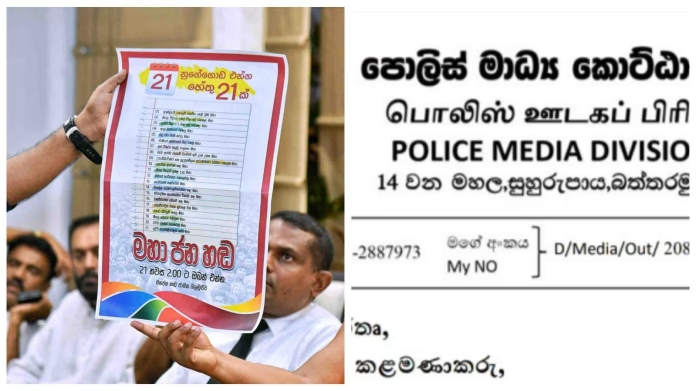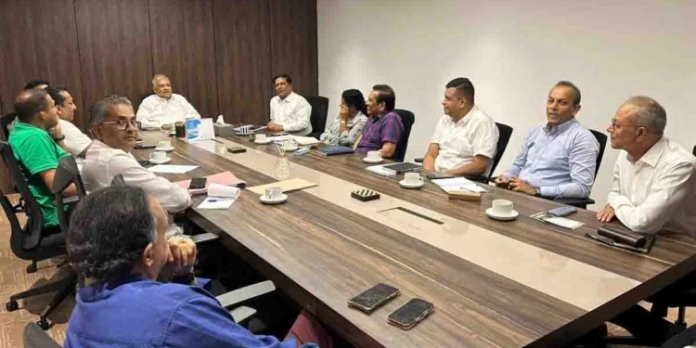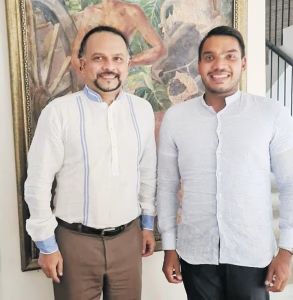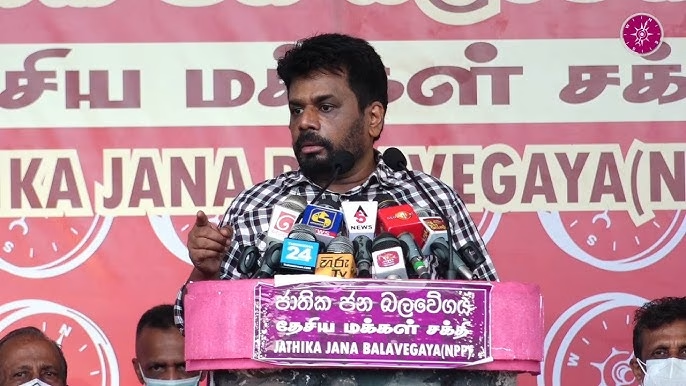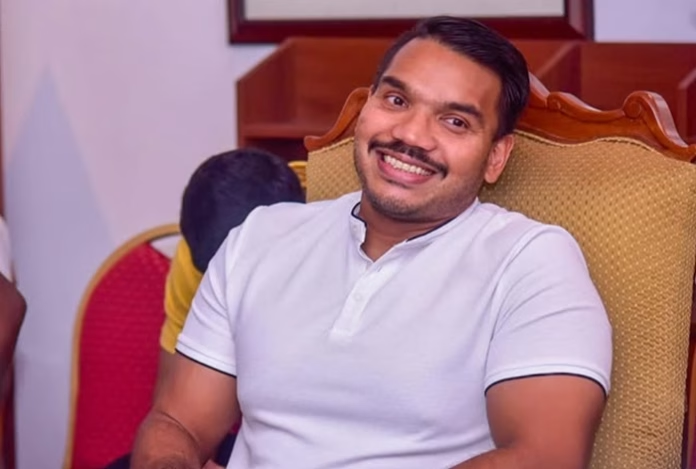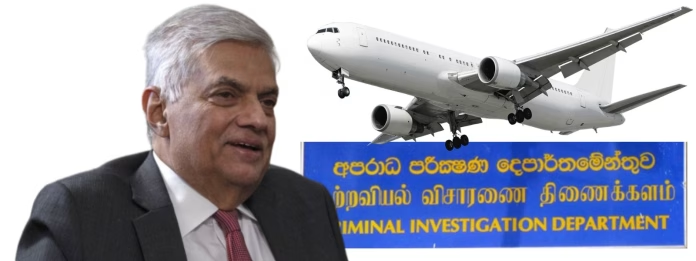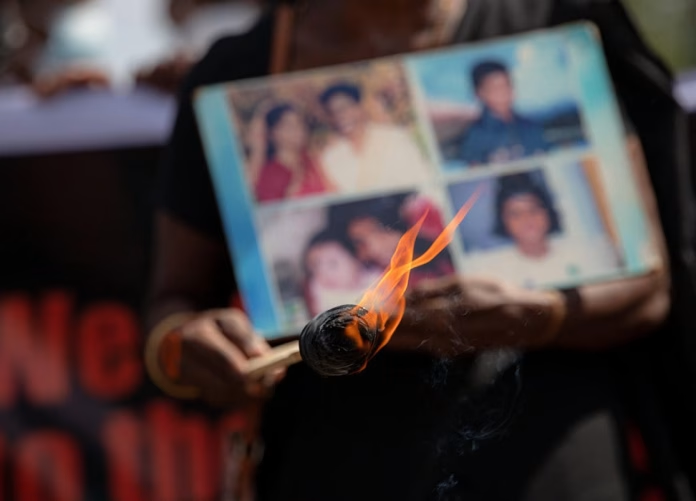By Vimukthi Dushantha, Executive Director (Actg.), Volunteer Initiatives for Election Watch (VIEW)
When the Office of Reparations Bill was presented to Parliament in 2018, the political leaders of the then-Joint Opposition, who later transformed into the Sri Lanka Podujana Peramuna (SLPP), loudly declared that the Good Governance government was establishing an office to pay compensation to the Tigers.
But, ironically, those very leaders were later compelled to seek compensation from that same Office for Reparations for the damages incurred during the people’s struggle (Aragalaya). Sepalika Samankumari, the former Acting Director General of the Office of Reparations, who granted them compensation, and currently an Additional Secretary at the Ministry of Justice and National Integration, was recently arrested and later released on bail.
Although the anticipated objectives of establishing this Office were to restore victims of the 30-year war to their former condition (restitution), redress the harm caused to them, mitigate the resulting impacts, provide rehabilitation, psycho-social relief, financial compensation, and ensure that such a situation does not recur, the new government led by National People’s Power (NPP) leader, President Anura Kumara Dissanayake, appears to have broken all promises made to the international community and the local populace regarding justice, accountability, and reconciliation overnight.
The Shadow of the Security Sector over the Office of Reparations
The Office of Reparations is not merely a state institution. It was established by the Office of Reparations Act of 2018 to provide relief for the loss of property and lives to victims of the armed conflict in the North and East Provinces, especially those affected after 1983. Its fundamental objectives are to promote national reconciliation and prevent future conflict. The background of the officials appointed to such a crucial mission must necessarily be capable of winning the trust of the victim communities.
However, the government has recommended and appointed individuals such as Rear Admiral (Retd.) Terence Sundaram, a retired naval officer, and Ms. Wasantha Perera, who served as an Additional Secretary at the Ministry of Defence. Ms. Wasantha Perera has now been appointed as the Chairperson. Furthermore, Major General (Retd.) Palitha Fernando, a former military officer, has been re-appointed as a member.
In addition to these three, the other appointed members are Ms. Nazeeha Ansar, who served as the Founder and CEO of the Centre for Psychosocial Support and Research, and Mr. Sanjeewa Wimalagunarathna, who served as the former Director General of the National Secretariat for Non-Governmental Organizations.
Thus, out of the five principal officials appointed to an institution dedicated to the relief and rehabilitation of victims, a majority of three individuals come directly from institutions linked to the war. This is undeniably detrimental to a Victim-Centric Approach.
The principal ethical and political question arising here is: how can former officials from institutions accused of severe human rights violations lead the process of delivering justice and compensation to the victims who suffered those very violations?
The Ilankai Tamil Arasu Katchi (ITAK) has expressed strong opposition to the President regarding this matter in a letter.
The direct language in the letter ITAK sent to the President further clarifies the danger of these appointments: “Any person with a security sector background appointed to this position will only go to confirm what our people have been saying all these days and the callousness of the government.”
This is not a simple criticism of the government. It is akin to a psychological attack on the people affected by the war. Furthermore, the writer believes that this should be considered not merely as a political statement, but as a tear rising from the fire in the hearts of the Tamil people seeking justice.
Violation of the Act’s Objectives
The fundamental objective of the Office of Reparations Act is to provide a methodology of restitution that goes beyond merely providing monetary compensation. The policies and guidelines developed under this Act clearly state that reparations must include a wide range of relief, such as compensation, resettlement, development of community infrastructure, psychosocial support, and guarantees of non-recurrence of such situations.
The implementation of this Act mandates a Victim-Centric Approach and the impartial delivery of justice to all parties without discrimination. Crucially, the law stipulates that special attention must be paid to vulnerable groups such as women, children, and persons with disabilities who were wounded by the war.
However, as emphasized by ITAK MP Shanakiyan Rasamanickam in an X message, the appointment of senior officials from institutions directly connected to the affected parties to such key positions creates serious doubts about the Office’s independence and credibility. These appointments are directly contrary to the ‘Victim-Centric’ principle outlined in the Act and appear to be an attempt to bring the entire reconciliation process under the control of the militarized state mechanism.
Promises and Broken Trust
Throughout the past period, the National People’s Power and its leaders proclaimed that they would bring a new, clean political culture to the country. They vehemently rejected international mechanisms, swearing, “We will deliver justice domestically.”
If the government that promises to deliver justice appoints individuals who shatter the trust of the victims to the very institution tasked with delivering that justice, can we truly place faith in domestic mechanisms?
MP Shanakiyan Rasamanickam further emphasized in his X message that victim families have clearly stated that they “can’t trust institutions led by the same people connected to their suffering.”
These appointments further confirm the suspicion among the public that ‘domestic measures’ are merely the old power structure in new clothes.
The Politics Behind the 4-Month Silence
Another regrettable fact pointed out by the Ilankai Tamil Arasu Katchi is that they had previously written to the President four months ago regarding this matter, requesting a meeting, but had not yet received a response.
However, the writer has been informed that the President is scheduled to grant a meeting to Tamil political parties next week. Nevertheless, why did President Anura Kumara Dissanayake require such a long period of four months to respond to this sensitive issue? This is a significant question.
The writer believes that by not opening the door to dialogue, ignoring the fundamental request of the victim parties, and appointing military-backed officials to such positions, the government sends a clear signal that the needs of the state security structure are prioritized over the trust and feelings of the victims.
This decision is a dangerous sign that the main factor contributing to the failure of previous reconciliation, the lack of sincere political will for reconciliation resurfacing within the new government.
If the National People’s Power government genuinely wishes to fulfill its promises regarding justice, accountability, and overall national reconciliation, these appointments must be immediately reconsidered. Otherwise, the trust of the Tamil people in the North and East is likely to be lost forever, inevitably delaying the national reconciliation process indefinitely.
Today, we are compelled to ask, with fear, whether the NPP government’s decision will mark the death knell of the reconciliation process.
The bitter experiences we endured for over 30 years should be bequeathed to our future generations as a memory from which lessons must be learned, not as dark shadows of broken nationhood. Reconciliation is not about paying compensation or forgetting. Reconciliation is the fundamental foundation of sustainable development.
[This article was written in Sinhala by the author and InfoSriLanka.lk translated to English using an LLM.]
